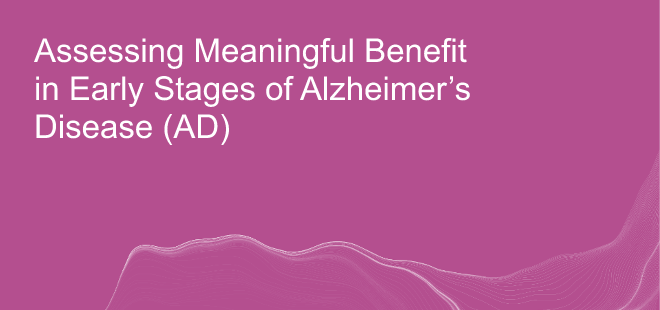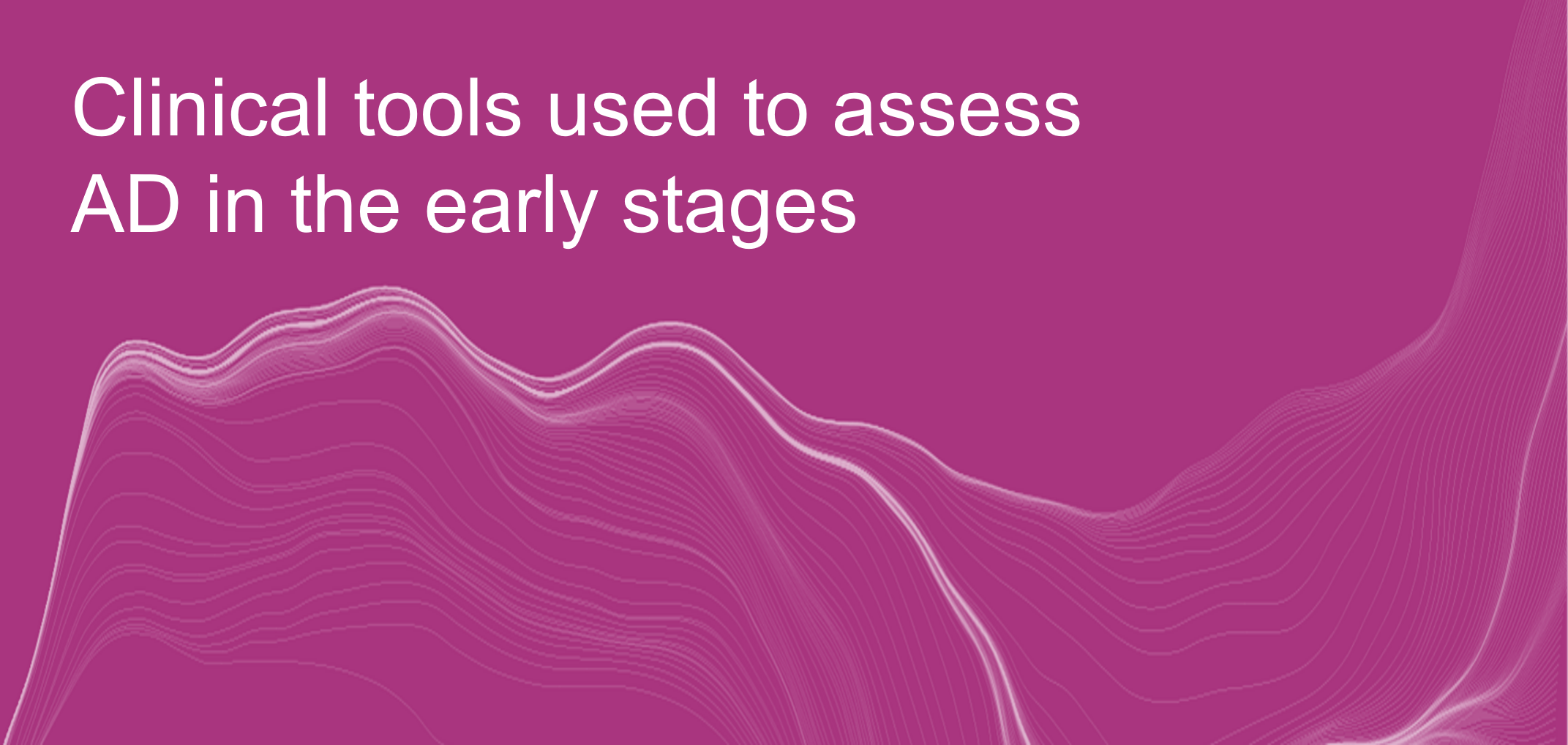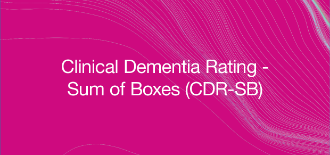Within 5 years, 1 in 3 individuals with mild cognitive impairment (MCI) can be expected to develop dementia due to AD.

Diagnosing MCI as early as possible can help clinicians rule out and treat possible non-AD causes, ensure clinical trial access, implement lifestyle modifications to maintain or improve cognitive function, and determine appropriate treatment. In order to identify AD as early as possible, there are cognitive assessment tools sensitive to detect MCI and additional tests that can further rule out other causes, such as structural magnetic resonance imaging (MRI) or computerized tomography (CT) scans. Cognitive impairment can be caused by cerebrovascular disease and other etiologies; however, in most cases, AD is the underlying pathology driving the clinical syndrome (60–80%).
Learning Zone
Review self-guided learning decks on topics, including the domains of cognition, how these are impacted in MCI and AD dementia and other dementia etiologies, commonly used clinical assessment tools, considerations for telemedicine, and clinical endpoints used in trials.
Practical Zone
Review self-guided learning decks with a more practical focus on performing a clinical assessment, example assessment tools and their practical application.
Visual and Video Zone
Review visual flashcards of common clinical assessment tools or clinical endpoints used to assess patients with a cognitive complaint early in their disease course. Alternatively, hear experts discuss these tools, along with key considerations and challenges during their implementation.
Video Lectures
The MoCA: step by step assessment
Viewing time: 17 minutes
Creator of the MoCA Dr Ziad Nasreddine presents the individuals elements of the assessment, including the elements of cognition and brain regions that are being assessed and why, and shares his experience on how to implement and interpret the MoCA.
How is structural imaging important for AD diagnosis?
Viewing time: 10 minutes
Speaker: Dr. Ana Franceschi
In this video, Dr. Franceschi discusses how structural imaging can provide important information for a differential diagnosis, including evaluating vascular changes.
What is the role of FDG PET in the era of amyloid and tau PET?
Viewing time: 3 minutes
Speaker: Dr. Ana Franceschi
Watch this video to understand how fluorodeoxyglucose (FDG) PET can support a differential diagnosis. Dr. Franceschi explores how FDG PET identifies different regional neurodegenerative patterns in AD, dementia with Lewy body, and frontotemporal dementia.
Expert Insights
Early detection of AD: barriers and opportunities
Viewing time: 17 minutes
In this video, Dr James Galvin, Dr Ziad Nasreddine, Dr William Jagust, and Dr Marwan Sabbagh review the reasons for delayed diagnosis in AD and the importance of an early diagnosis for individuals and their families. The panel considers the different structured cognitive assessments available, and the limitations and challenges involved in their practical use.
How to interpret cognitive assessment results and next steps in the patient journey
Viewing time: 15 minutes
In this video, the expert panel discusses practical considerations in the interpretation of cognitive assessments alongside a patient's history, including the key red flags that suggest AD is the likely underlying pathology. The experts also consider the next steps following a clinical assessment, including the use of neuroimaging, and recent advancements in biomarkers.
The future of clinical practice in AD
Viewing time: 14 minutes
Dr James Galvin, Dr Ziad Nasreddine, Dr William Jagust, and Dr Marwan Sabbagh consider the evolving role of primary care in AD and the changes and tools that may be needed across the healthcare system to enable equitable access to care as new treatments become available.
How do you differentiate between normal aging and cognitive impairment?
Viewing time: 3 minutes
Dr Schindler considers some of the red flags that help to decipher between what’s normal aging and what’s not in someone presenting with cognitive concerns.
Introducing the Montreal Cognitive Assessment (MoCA)
Viewing time: 9 minutes 20 seconds
Join Dr. Nasreddine, creator of the MoCA, as he describes the rationale behind the MoCA test, explores how it compares with other tools, and explains its role in the diagnosis of AD in the early stages. He also provides an overview of the different MoCA versions developed to support diverse patient populations.
Infographics
References
- Alzheimer’s Association. 2023 Alzheimer’s disease facts and figures. Alzheimers Dement. 2023;19(4):1598-1695.
- FDA. Early Alzheimer’s Disease: Developing Drugs for Treatment Guidance for Industry. Accessed September, 2024. https://www.fda.gov/files/drugs/published/Alzheimer%E2%80%99s-Disease---Developing-Drugs-for-Treatment-Guidance-for-Industy.pdf
- How biomarkers help diagnose dementia. National Institute of Aging. Updated January 21, 2022. Accessed September, 2024. https://www.nia.nih.gov/health/biomarkers-dementia-detection-and-research
- Albert MS, DeKosky ST, Dickson D, et al. Alzheimers Dement. 2011;7(3);270-279.





